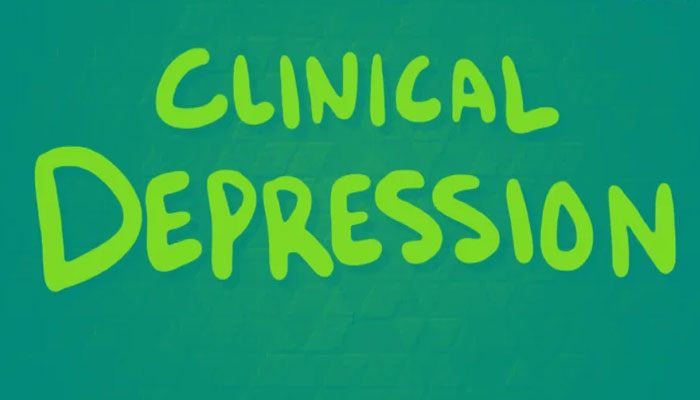Women Face Higher Genetic Risk for Depression, Australian Study Finds
Lead researcher Jodi Thomas stated that the genetic contribution to depression appears stronger in women.
Australian researchers have discovered that women carry a significantly higher genetic risk for clinical depression than men, a breakthrough that may reshape future treatment strategies for the disorder. The findings, published on Wednesday in the peer-reviewed journal Nature Communications, revealed that women possess nearly twice as many genetic markers associated with depression compared to men.
The study, led by the Berghofer Medical Research Institute, identified around 13,000 genetic markers linked to depression in women, in contrast to 7,000 in men. These genetic variations may influence biological processes such as metabolism and hormone production, which could explain why women with depression often experience metabolic symptoms like weight changes and energy fluctuations.
Lead researcher Jodi Thomas stated that the genetic contribution to depression appears stronger in women. She emphasized that identifying both shared and unique genetic factors across sexes allows for a clearer understanding of the disorder’s causes and paves the way for more personalized treatments.
The study also sheds light on the long-recognized trend of depression occurring more frequently in women, a phenomenon that has lacked a definitive biological explanation until now. Researcher Brittany Mitchell noted that existing depression treatments and studies have historically focused more on male participants, often overlooking how the disorder differently affects women.
Read more: Marriage improves health and happiness, study finds
Clinical depression, also known as major depressive disorder, remains one of the most prevalent mental health conditions globally. According to the World Health Organization, over 300 million people worldwide are affected.
Experts believe the new research could lead to sex-specific approaches in the diagnosis, treatment, and prevention of depression, offering hope for more effective care, particularly for women.






Comments are closed, but trackbacks and pingbacks are open.